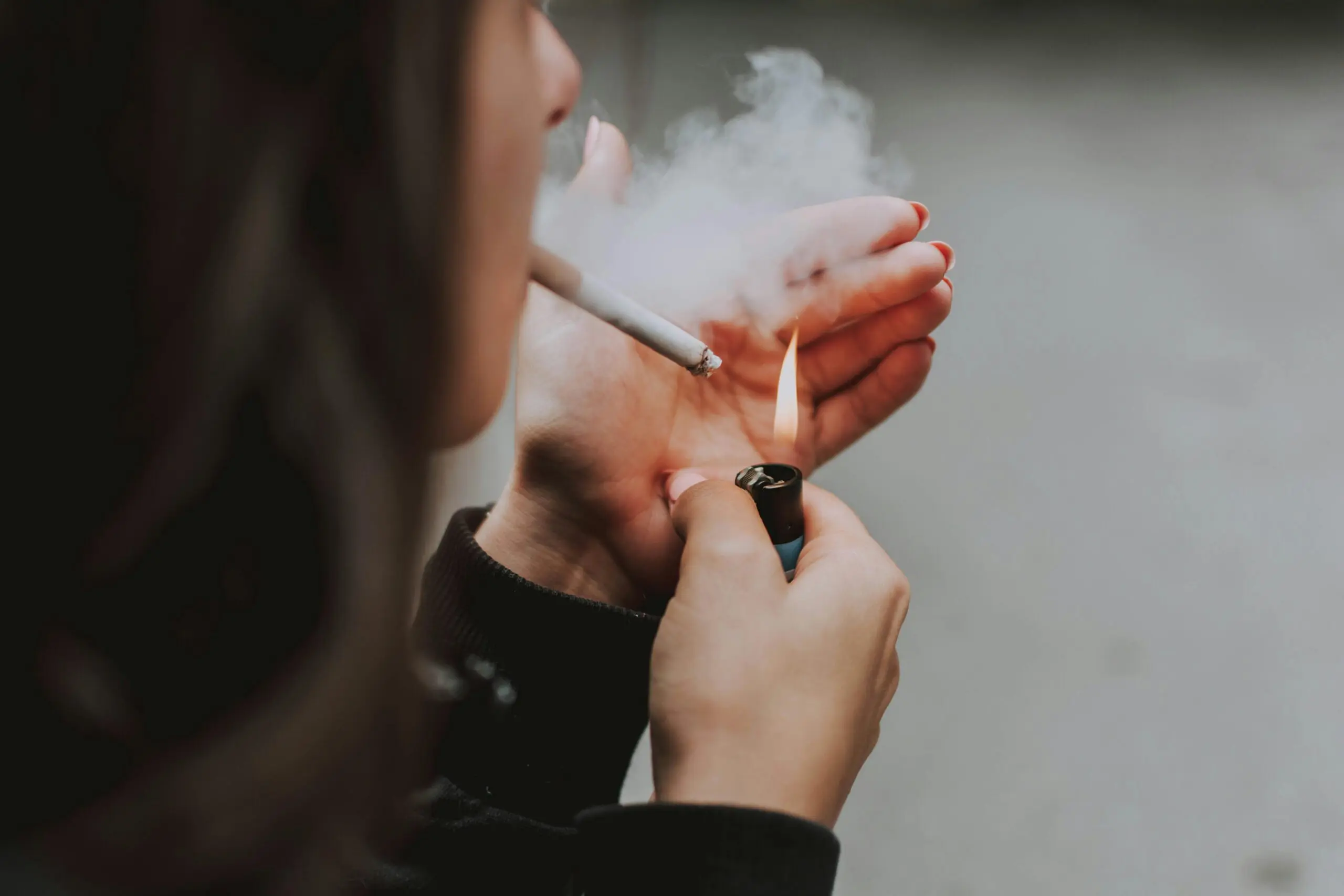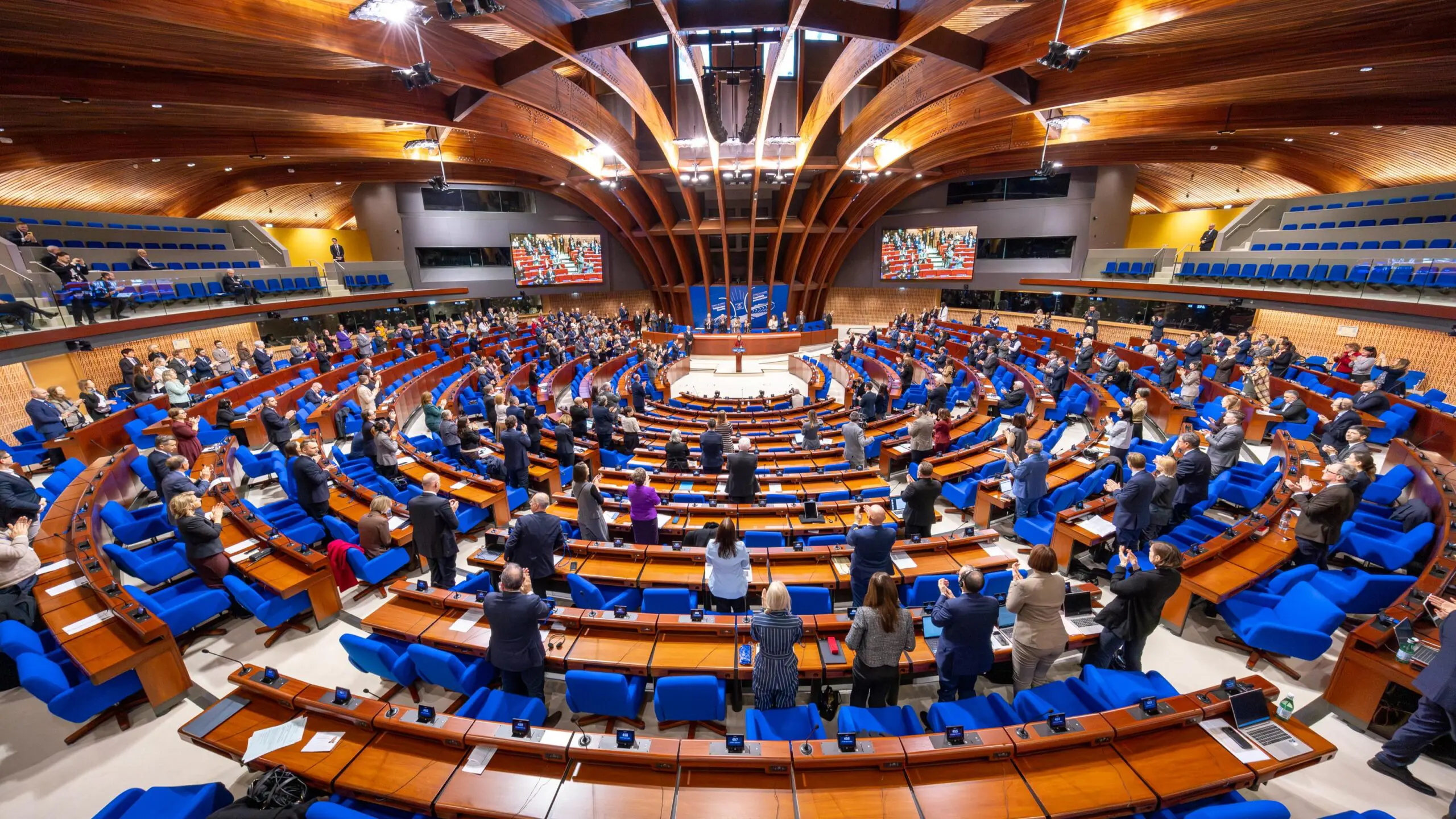A new study expands further on the effects of coffee. The influence of coffee, and specifically caffeine, on our physiology as well as our psyche is examined. Comparisons found a difference between coffee intake and caffeine intake in the morning.
Coffee is liked not only for its taste, but also for its invigorating effect – it helps with quick awakening and better concentration, along with other beneficial effects.
Much of the effects of coffee are due to a single ingredient in the drink – caffeine. It has a proven effect on biochemical processes in the body, increasing the release of dopamine and improving memory. Caffeine has effects not only on our biochemistry, but also on our psyche.
The scientific paper looked at the differences between drinking coffee and taking the caffeine ingredient separately. MRI studies have been conducted that directly show the effects on the brain. The results indicate that both coffee and caffeine reduce connectivity in a particular circuit in the brain called the DMN, short for default mode network. The DMN circuit works when our mind “wanders” and performs many processes that can be called subconscious.
The connection of the DMN circuit to our sleepiness is there – most of the activities we do early in the morning in a sleepy state are done without much conscious intention, as if we can go on autopilot through the routine we have established. By the time the morning coffee is consumed, activity in the DMN circuit is reduced. The reduced activity is like a signal to our brain to prepare to pay attention to our surroundings and our thoughts.
The effects on the DMN circuit are due to the caffeine in coffee, but it is not the only ingredient in the drink. It contains substances such as cafestol and kahweol, which can interact with receptors in the brain in ways that help increase energy levels or improve mood.
The study examines the tradition of drinking coffee. There are some effects of drinking coffee that may be due to a placebo effect that we create for ourselves – some kind of belief that coffee makes us feel better in the morning may be the key to a real invigorating effect independent of caffeine or other substances.







